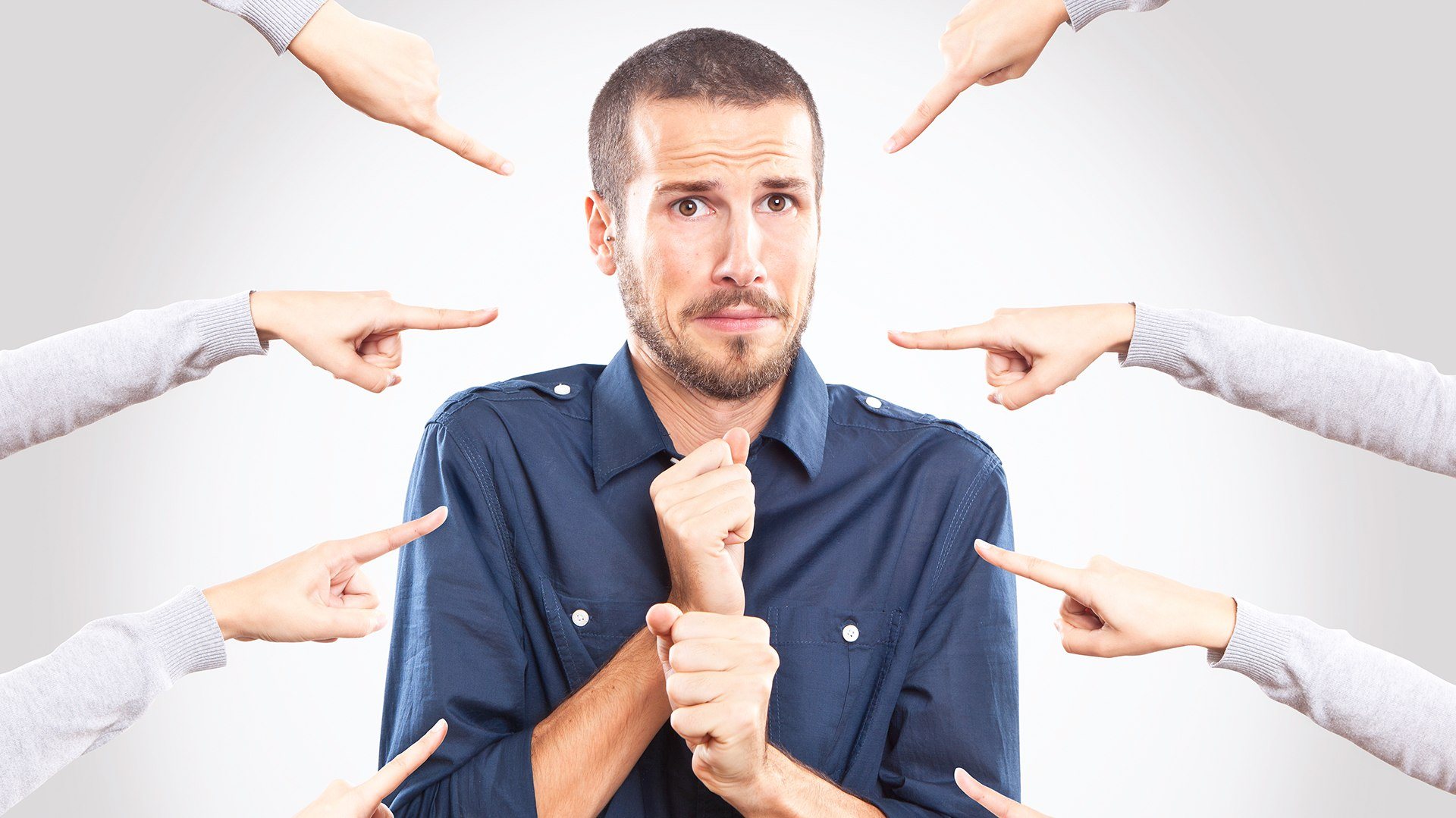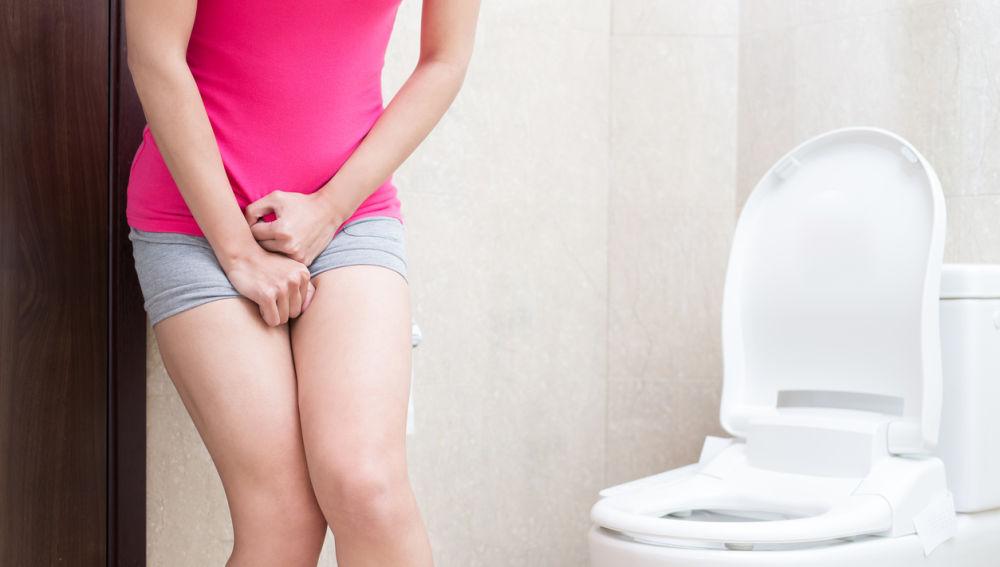When people feel so self-conscious and anxious that they can’t talk or socialize most of the time, there may be more to the cause than shyness.
It may be an anxiety disorder called social phobia also known as social anxiety.
Fear has pure symptoms based on survival, although it has an unreal component, the phobia presents responses on the part of the sufferer that seem exaggerated but cannot be controlled.
They are recognized by the following:
- Persistent and intense fear or anxiety about specific social situations because you believe you may be negatively judged, embarrassed, or humiliated.
- Avoid anxiety-producing social situations or endure them with intense anxiety or fear.
- Difficulty in normal functioning due to your fear. Physical reactions and sensations, such as sweating, fast heartbeat, chest tightness, or shortness of breath. Feeling nauseated, dizzy, or faint in the presence of blood or injury.
Behavior therapy is one of the most effective treatments for phobias, sometimes it may be necessary to combine it with psychopharmacological treatment to reduce the physical symptoms that accompany the phobia and thus help the person cope with the situation.
RECOMMENDATIONS:
- If you have symptoms of social anxiety disorder, talk honestly about how you feel with someone you trust.
- If your anxiety or that of a family member begins to cause problems in your daily life, it is time to seek professional help.
- Accompany to therapy.
- Help you reframe your thoughts.
- Facilitate the adoption of social tools.
- Help you set goals.
- Exposure to crowded environments.
- Don’t encourage him to be impatient with the results.
- Prepare to relax.
- Looks for social situations.
- Look outside.
- Make questions.
- Don’t let your imagination betray you.
- Think about how you want to feel.
- Be yourself.
- Participate in support groups. These groups are available both in person and online. However, any advice you receive from a support group member should be used sparingly and is not a substitute for treatment advice from an area specialist.
Commonly, this disorder is treated with psychotherapy, medication, or a combination of both.
Social phobia must be differentiated from other anxiety disorders such as:
Panic disorder: spontaneous anxiety attacks, not related to situations of social exposure.
Generalized anxiety disorder, which is the presence of a persistent state of anxiety and apprehension, and Post-traumatic stress disorder, in which there may be avoidance behaviors related to a situation experienced in which the subject’s life or integrity was compromised.
Terms used:
Social Phobia: Social anxiety disorder is defined by a persistent and intense fear or anxiety of social situations in which the person may feel scrutinized by others.
Behavior therapy: Behavior Therapy is a form of psychological treatment derived from laboratory research from the behavior approach.






